The UK is one of the most crowded DIY markets in the world. In fact, here at Daley Hub, we say that if overseas suppliers have the capability to succeed in the UK, it is likely they will have a good chance of success in mainland Europe as well. From honing a compelling proposition for UK buyers, to the right pricing strategy, to scalability, to sustainability compliance, to supply chain and logistics, there are many keys to success. There are, however, the macro factors to consider as well – all those features of the DIY market that lie beyond the even the best laid plans.
UK consumers are still wrestling with the cost-of-living crisis which dominated UK media headlines throughout the closing months of the previous Conservative Government. While double digit inflation rates have now moderated to levels that are considered more ‘normal’ and the early impact of the Ukraine war on utility prices has stabilised somewhat, there is still a negative impact on ‘non-essential purchases’, and in the post-lockdown world holidays take precedence over home and garden improvement. The most noticeable negative impact is on heavy-side projects. Having said that, extraordinarily good weather in the UK in spring and early summer has driven an uplift for outdoor improvements.
As everyone will know the UK switched to the left politically with Labour coming into power after fourteen years in opposition in the July 2024 election, producing a burst of consumer optimism. Several early policy announcements have proved unpopular with the electorate however and that optimism has largely evaporated. There have also been some major issues for UK business, the biggest being the increase in Employer National Insurance, which came into effect in April this year.
Not to put too fine a point on it, the adverse impact of increased costs for UK employers is massive. Inflation rates are expected to start rising again as a result, and more increases in taxation – in some form – are anticipated to be announced in the autumn.
UK retailers are therefore under pressure. The increase in costs is sizeable to the point where some are going to have to be very careful if they are to remain resilient. Bluntly, there could be trouble ahead! As a result, we are seeing existing suppliers being asked for reduced costs / better margins, and new suppliers faced with margin demands beyond what would have been acceptable in any previous year.
Suppliers are now all under the same challenge, how to pay for the increased salary and national insurance that hit from April this year and especially as suppliers how to deal with this at the same time support these customer requests. It’s a massive challenge to reduce supply chain costs any further after many years of doing so, it may be a case of accepting reduced profitability and trying ever harder to drive sales. Both come at a cost to the supplier.

One potential opportunity remains export, or more specifically moving effort into new regions which can generate additional cash and potentially higher margins. And this is not only an opportunity for UK businesses seeking better business overseas, but equally and conversely for overseas businesses seeking business in the UK without the overheads.
Global issues affecting the UK DIY market
The hottest one in the media is the ongoing uncertainty caused by the tariff war – but this is certainly not as completely adverse as might be thought. Daley Hub visited the Canton fair (Guangzhou China) earlier this year to get a read of the feeling on the street with the reaction to the tariff fluctuations. You can’t beat speaking directly to factories to understand what is happening, especially in China, they love you to visit and if you can share a meal as this is an extremely culturally positive social activity. First of all, no surprise that there was a strong impulse to do more business with the UK and Europe, to engage more and understand how to do it.
One of the main drivers of the Chinese economy is export and with new US tariffs now in play, the average factory has 25% of their business now in the balance. Rather than despondence, there is considerable optimism. Chinese suppliers have been making to order for months with the anticipation that the Trump office would cause friction, and now Daley Hub is speaking to a number of brands on how we will support them to build their business in the UK, and across Europe.
The other big global issue, and likely to be an opportunity if used correctly, is AI and its potential effect on business generally. While some fear it will replace jobs, others believe that it will create them. Interestingly, at a past Global Summit one speaker said that if AI doesn’t replace jobs, a person using AI will replace a person not using AI. This is an acute analysis of its positive role – an aide to real human brainpower, not a replacement. A potential platform for efficiency if we appreciate that it works on apparent fluency and statistical probability. In other words, it cannot tell the difference between fact and fiction. In the right hands, aimed at the right tasks, that is fine, but we still need human knowledge and human brains for it be to be effective in the right places.
So, to summarise, there are always going to be issues of macro-economics, politics or social change we cannot control, and these affect the UK DIY market like any other. But if we acknowledge and understand them, then it remains a great place to do business.
For more information visit https://www.daleyhub.com/contact-us

 Menü
Menü




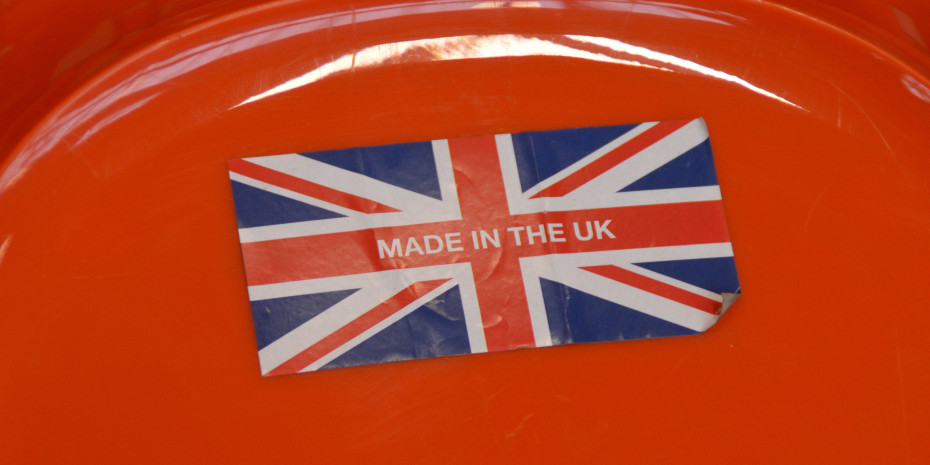
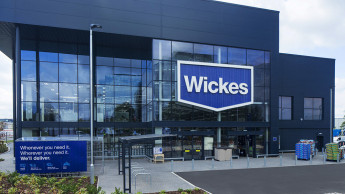

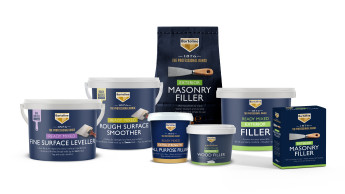

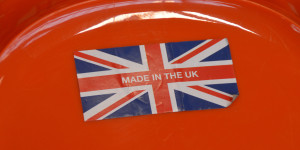


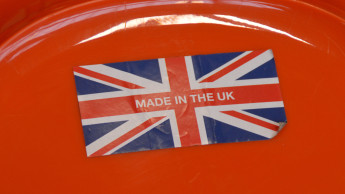


 Newsletter
Newsletter